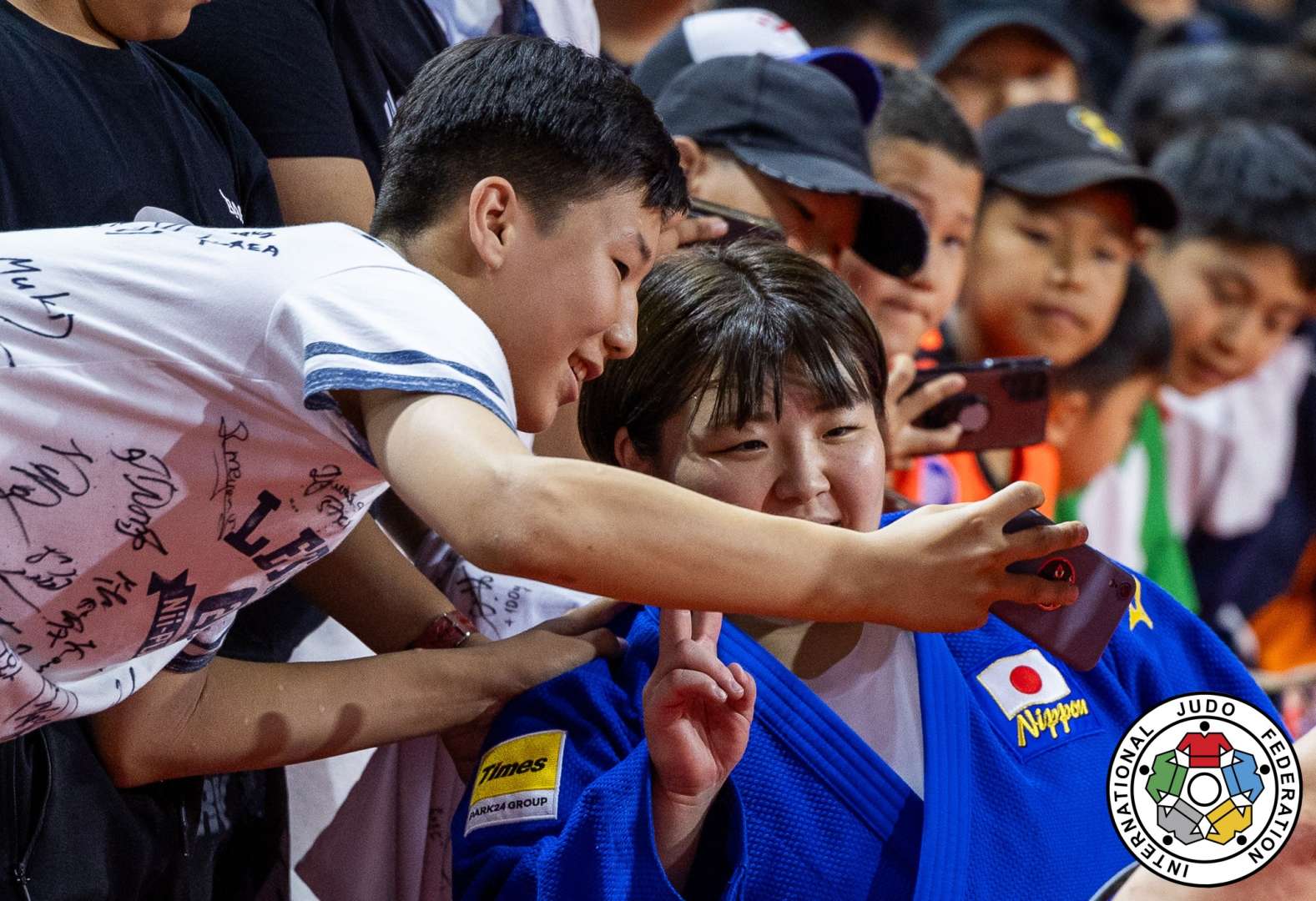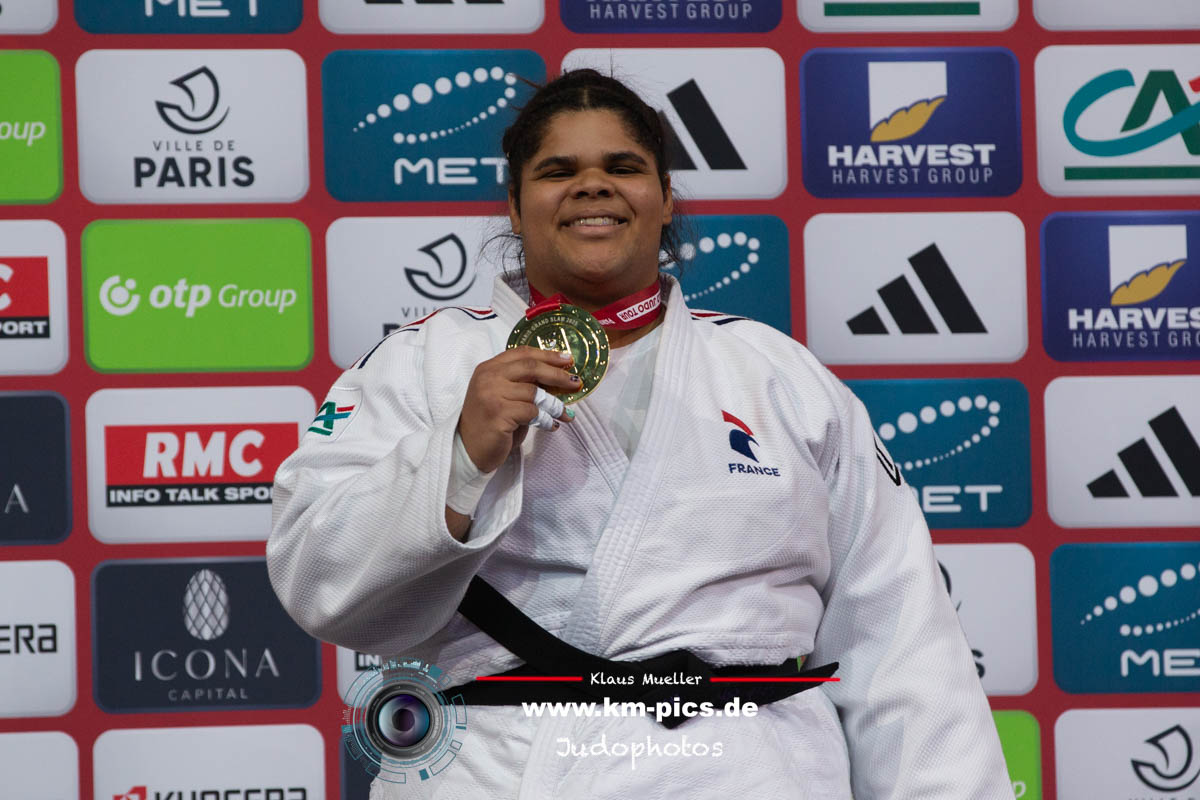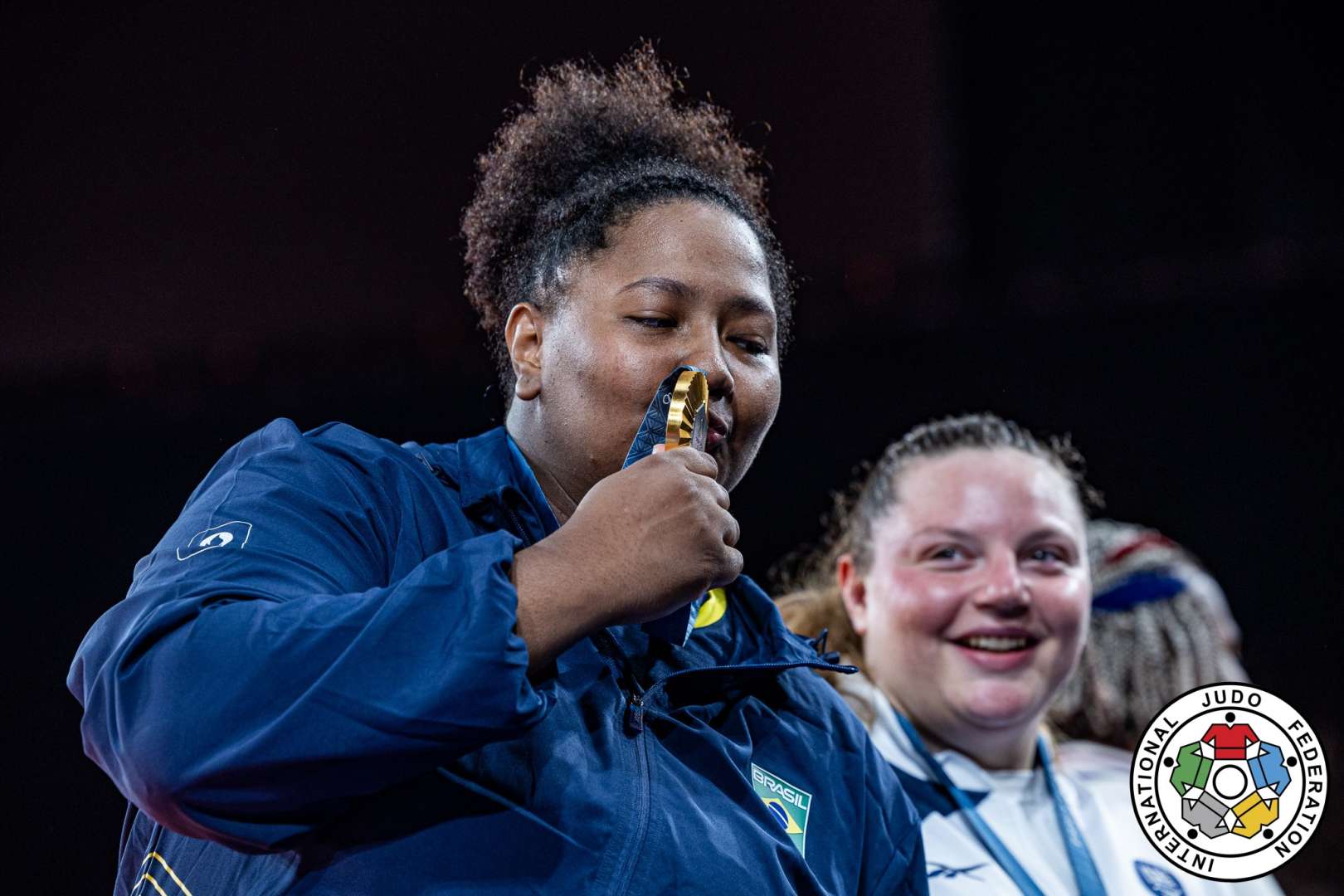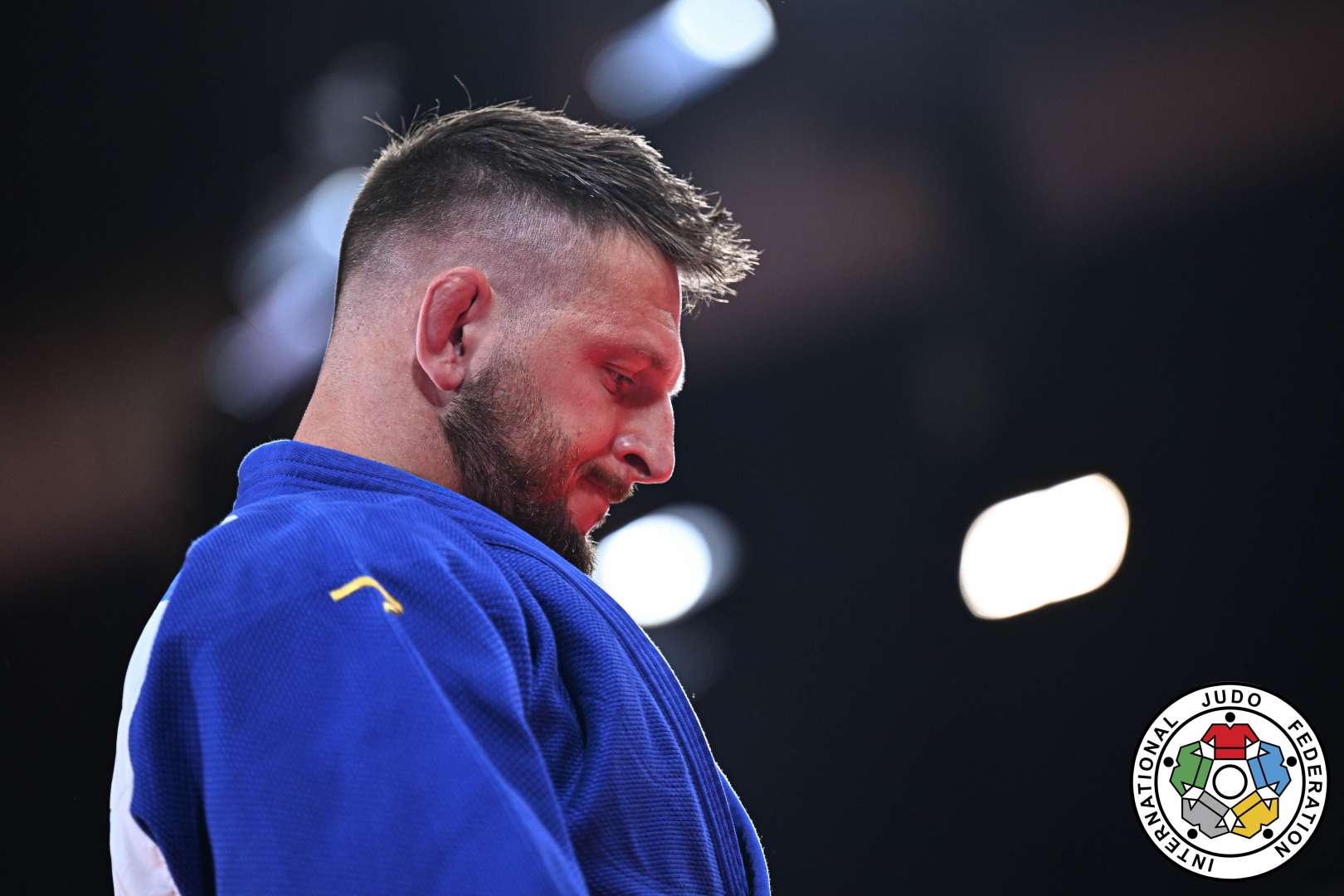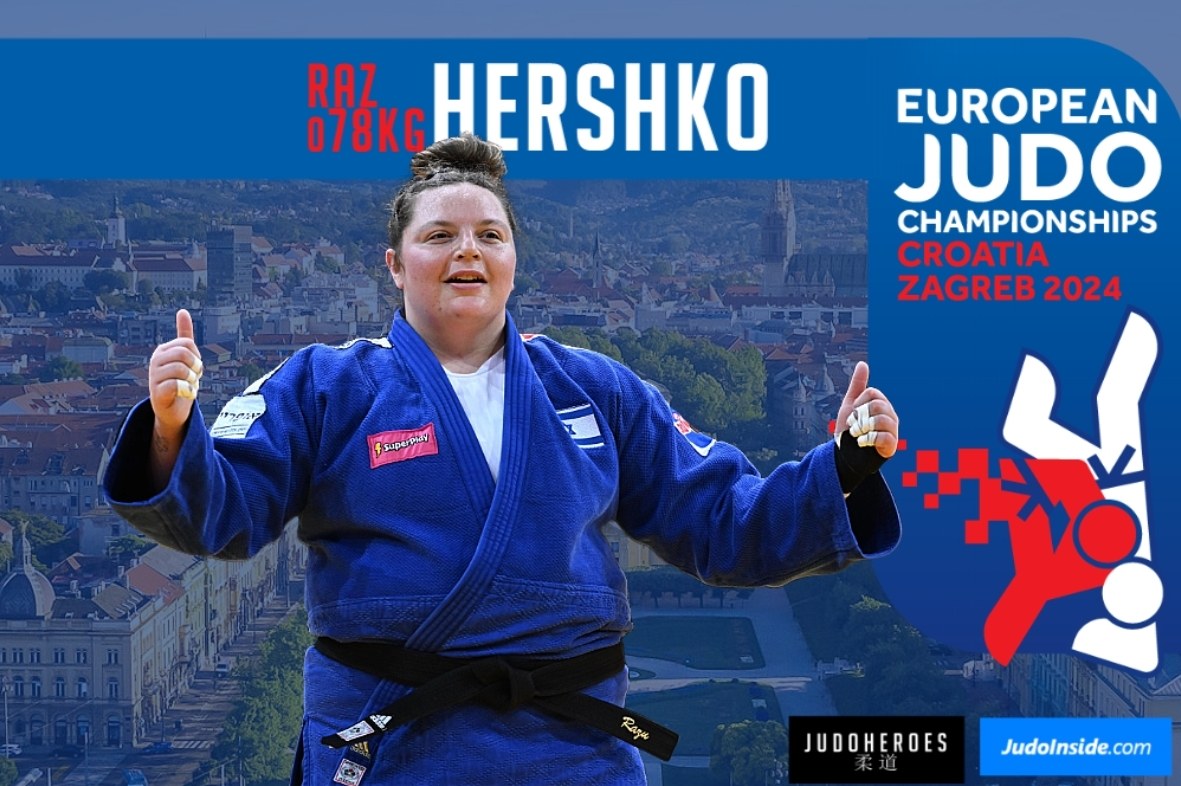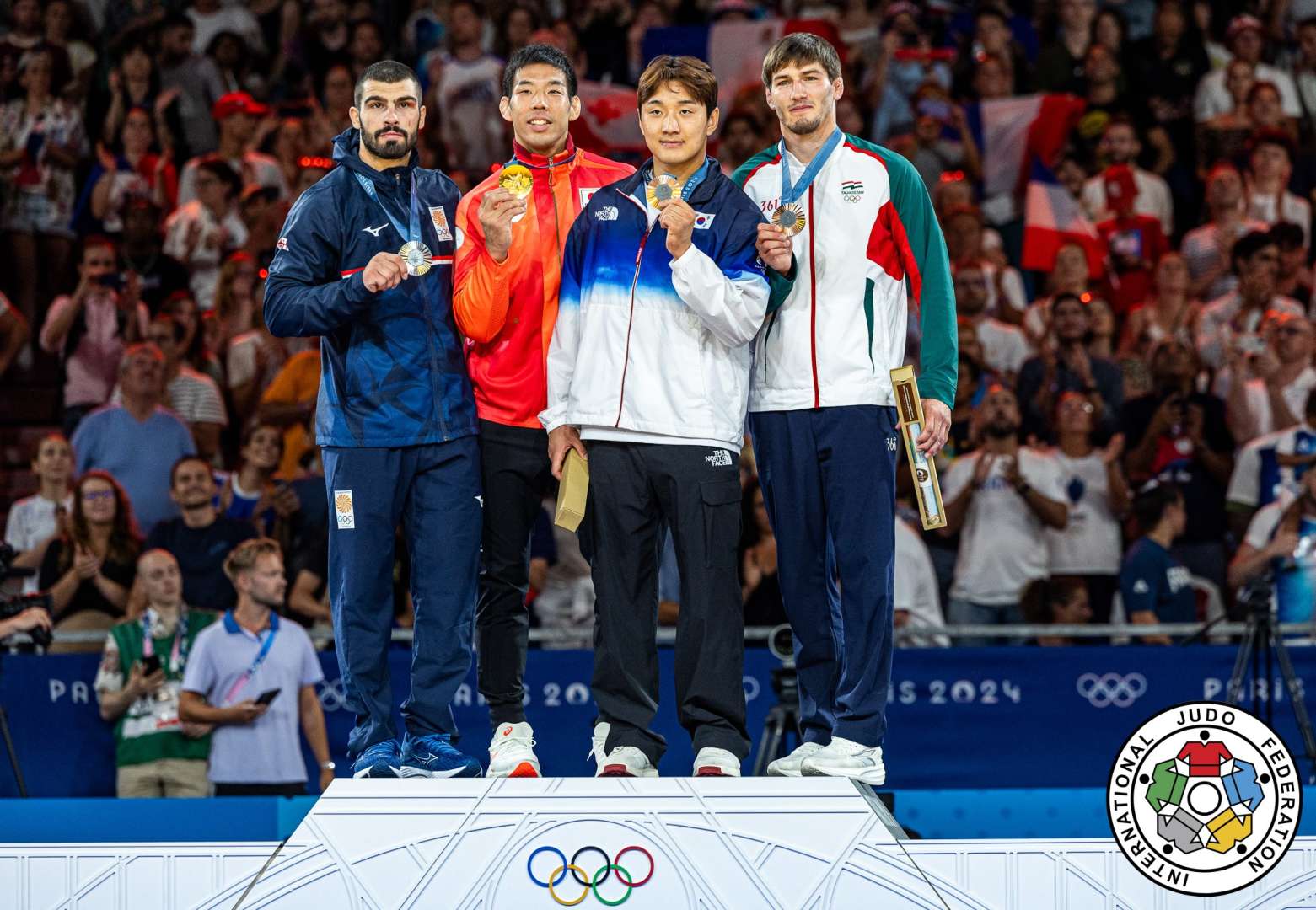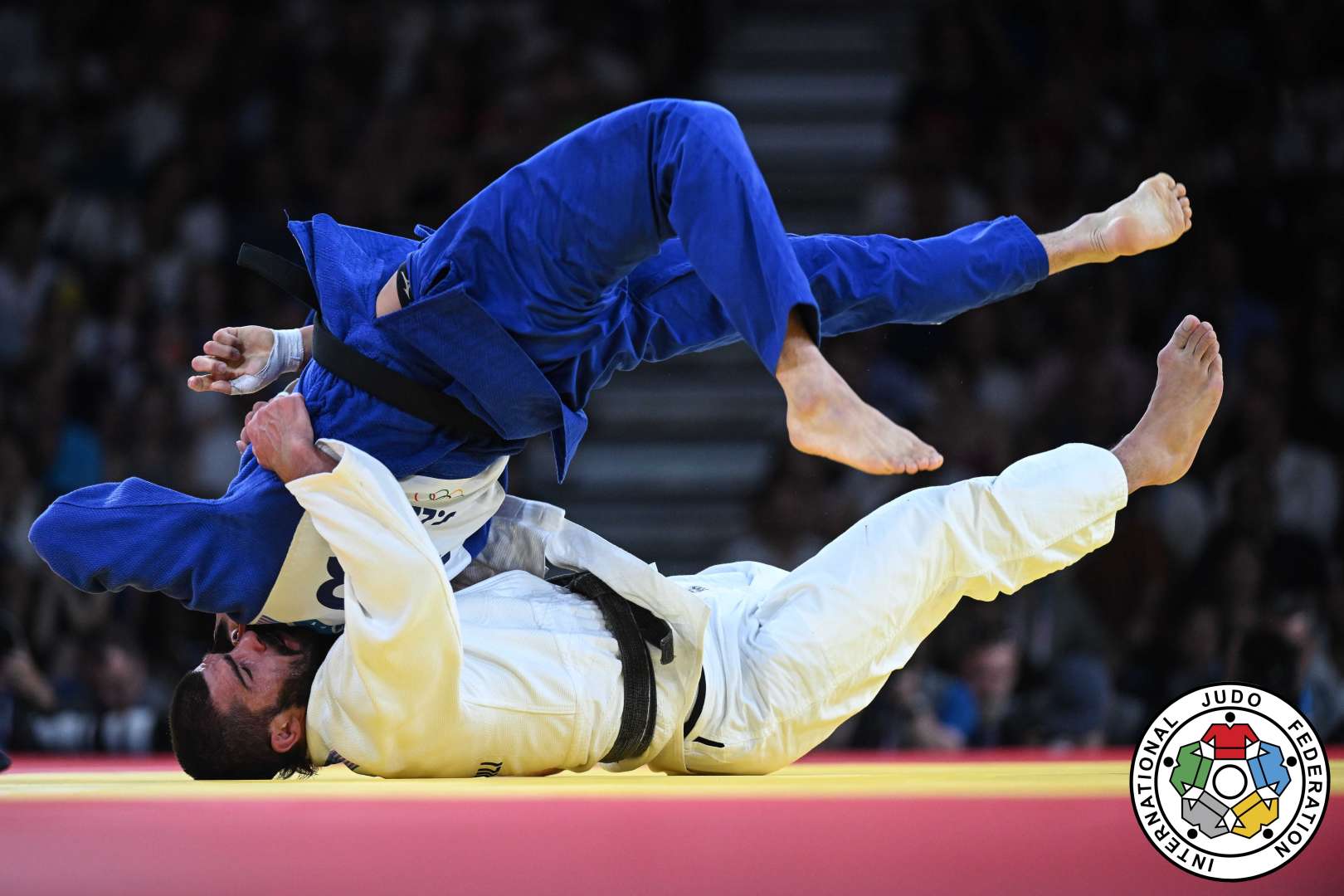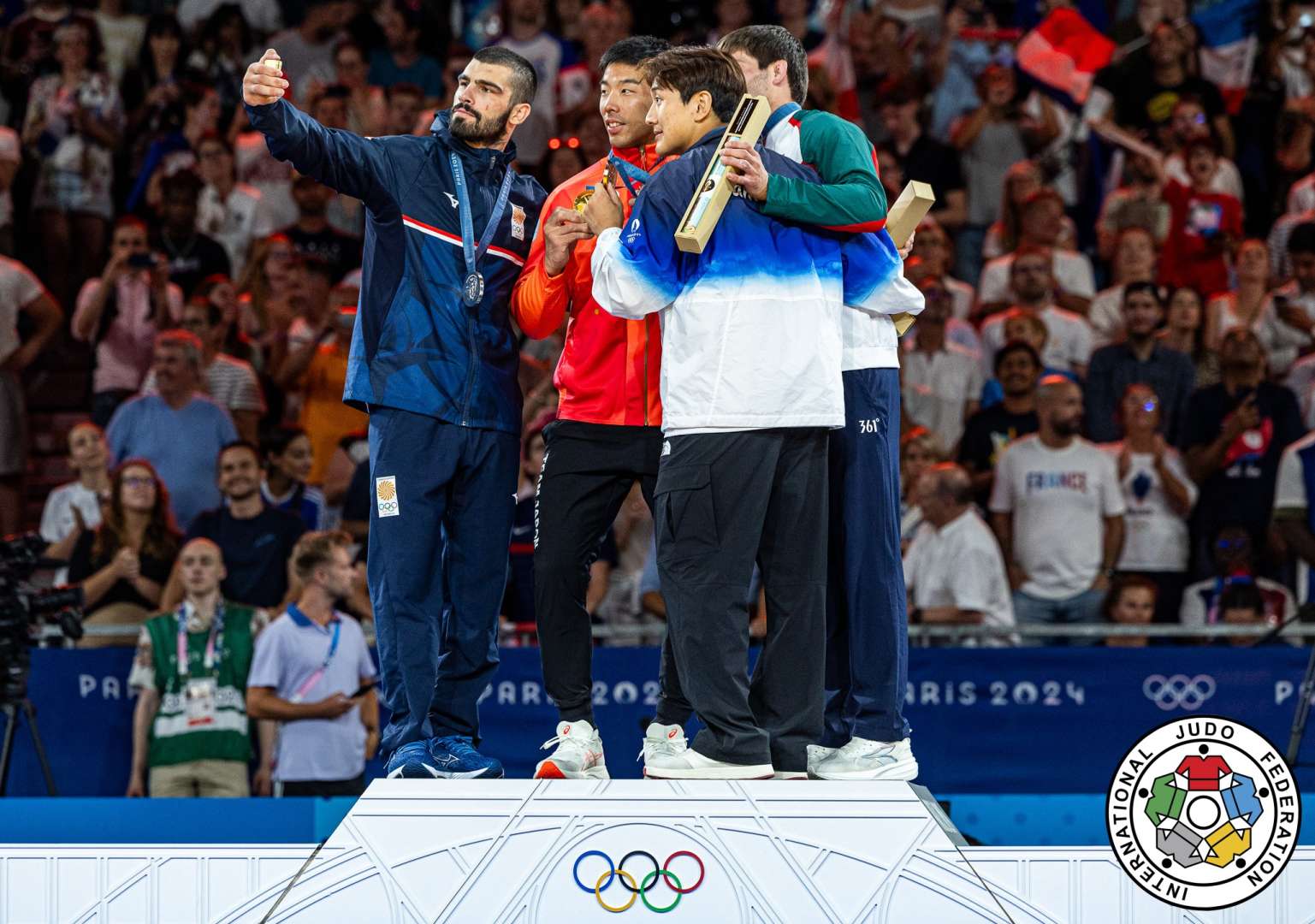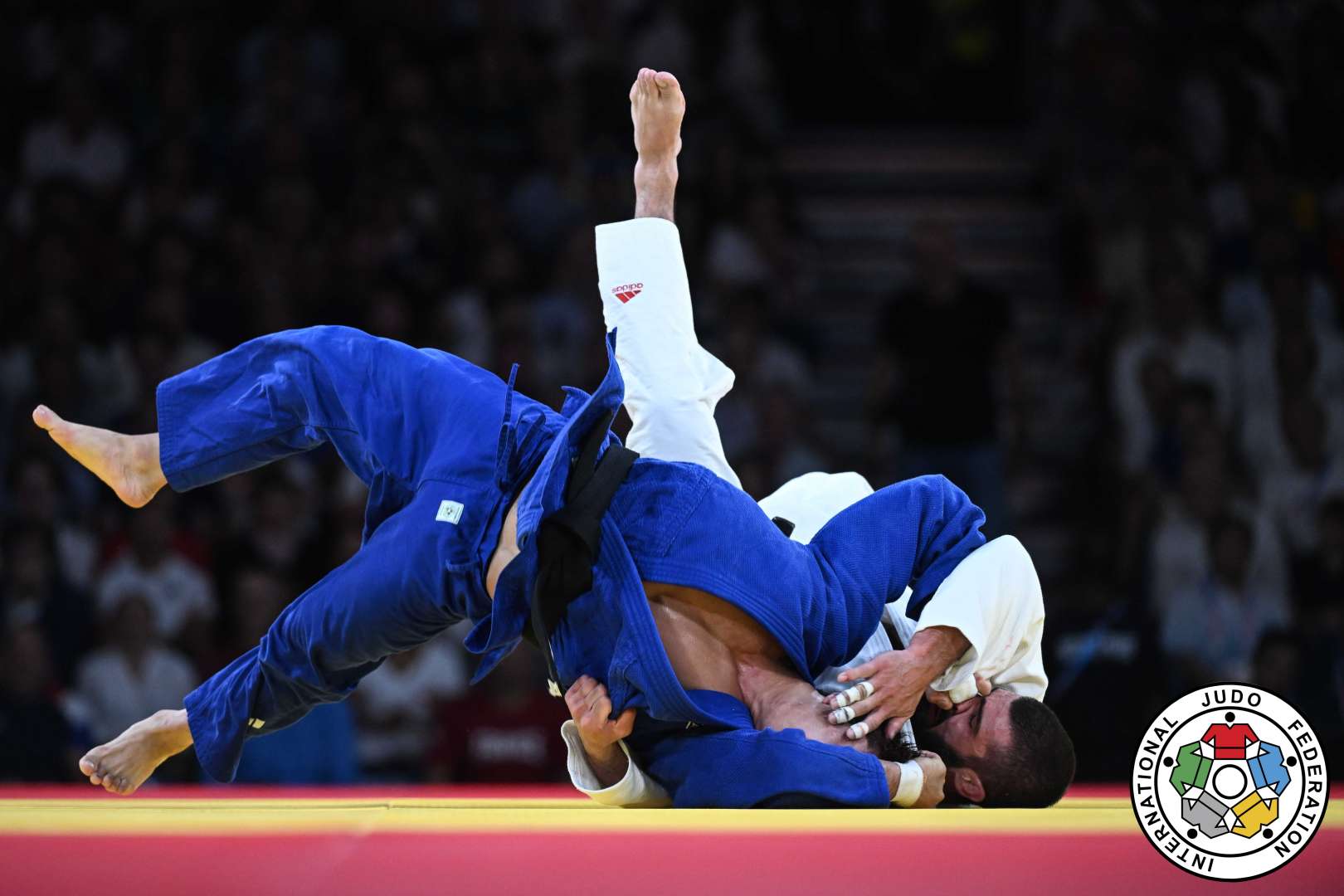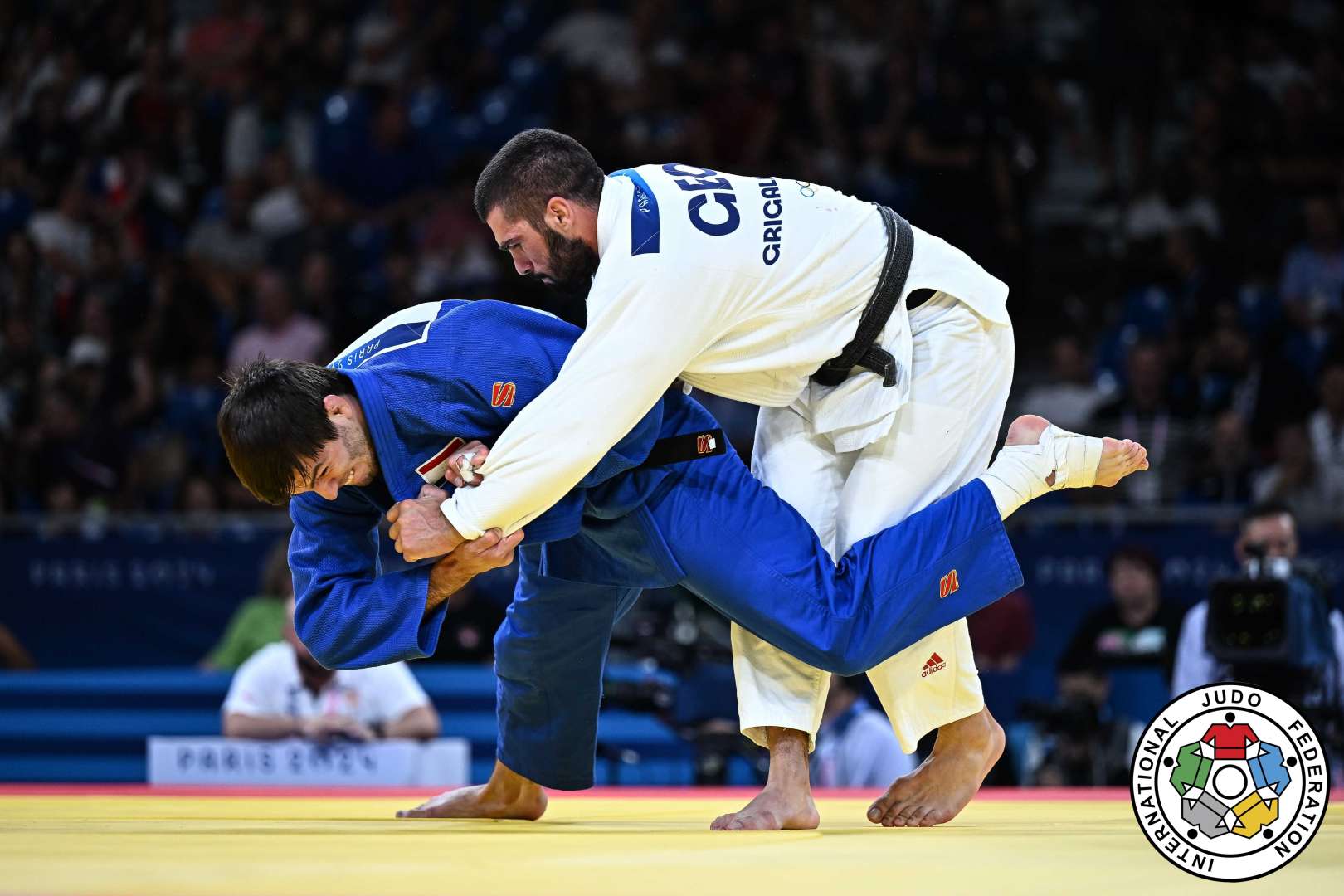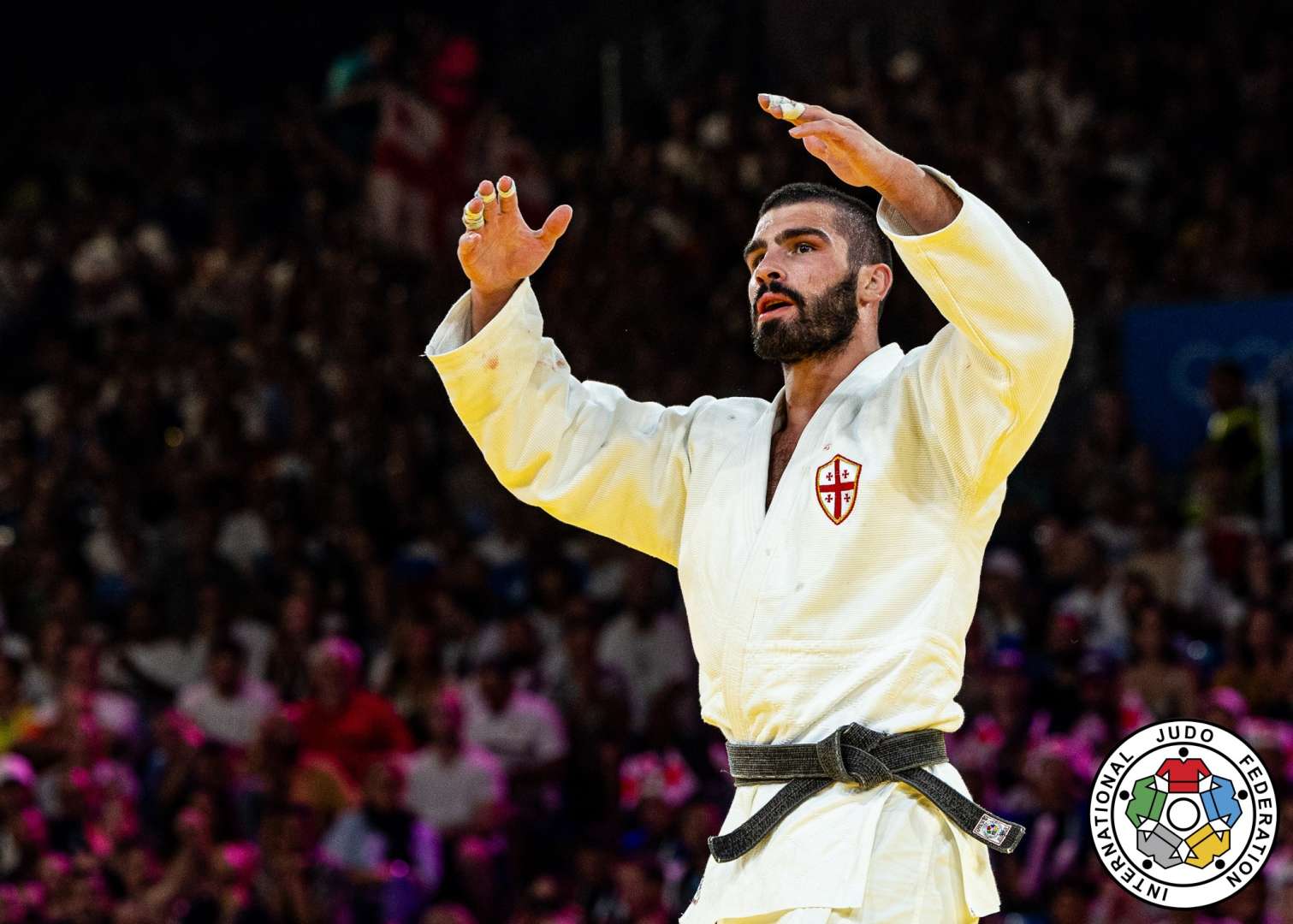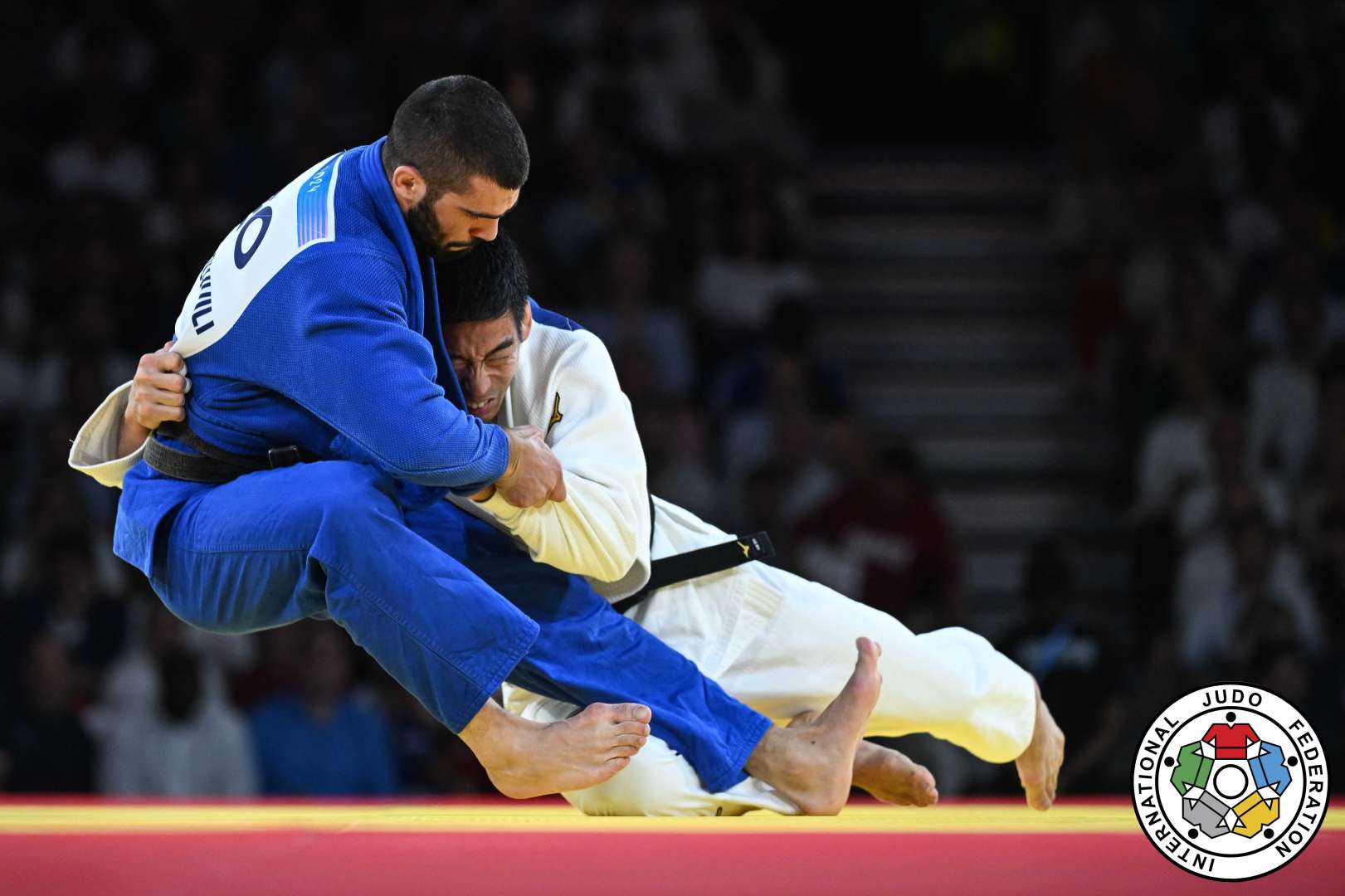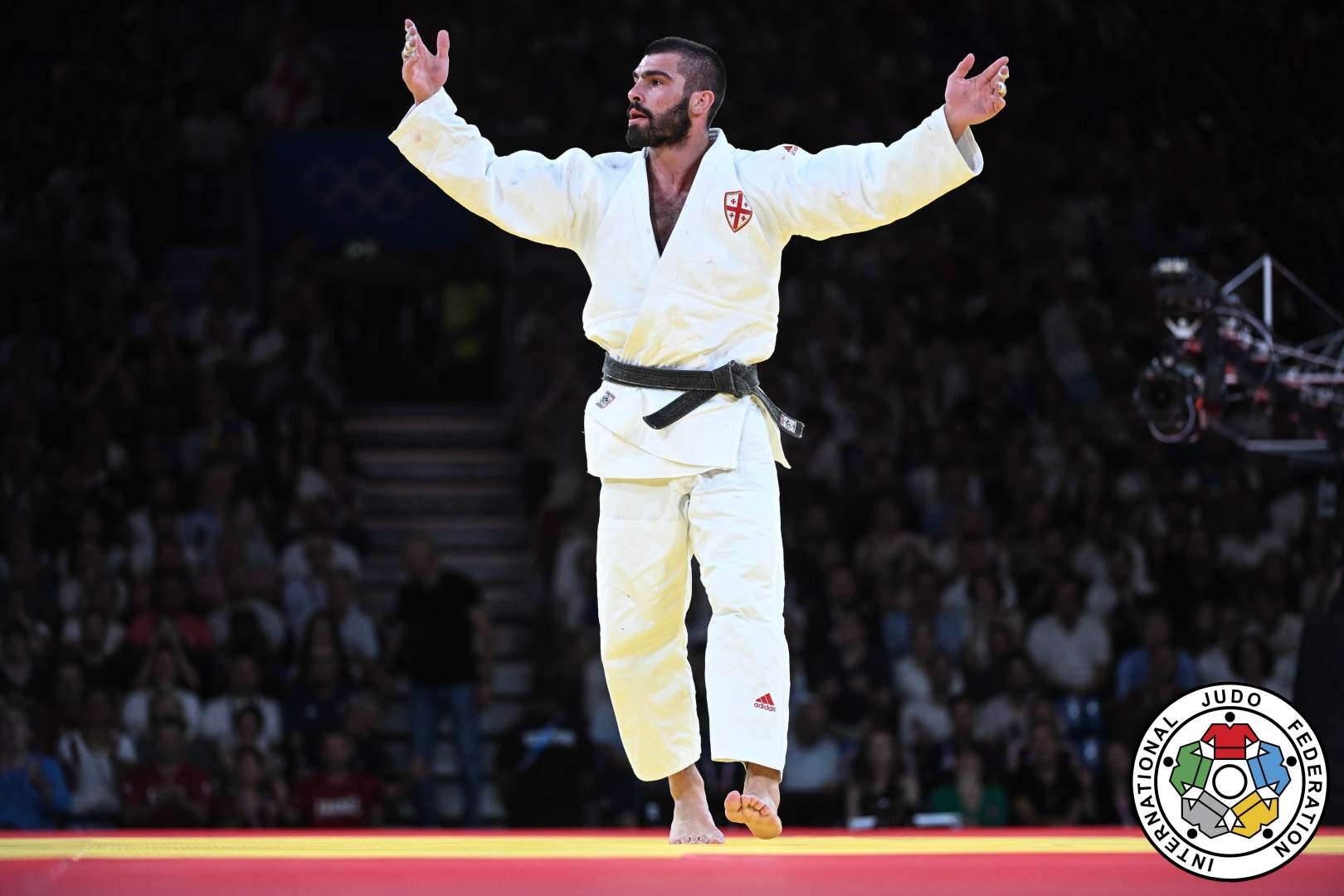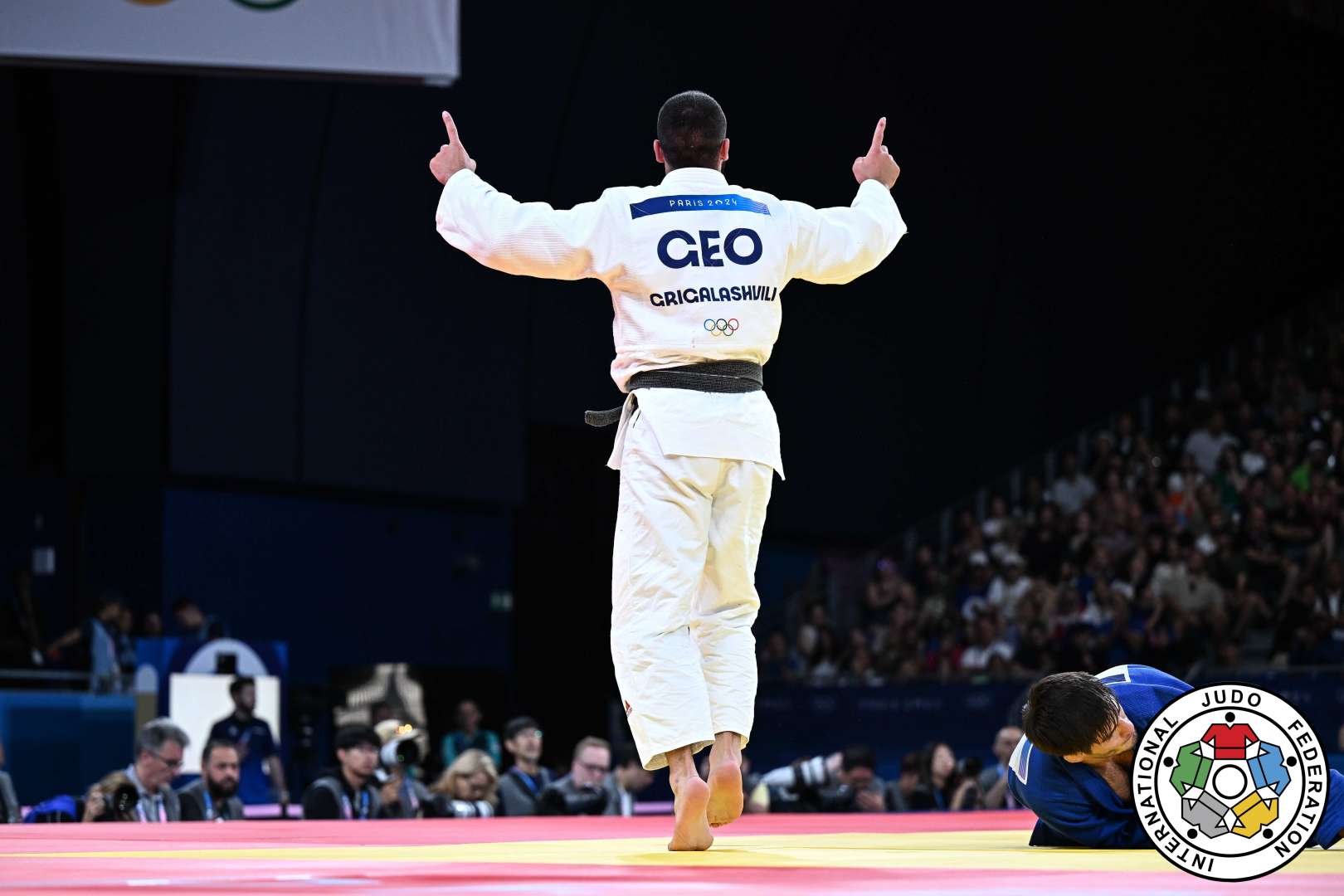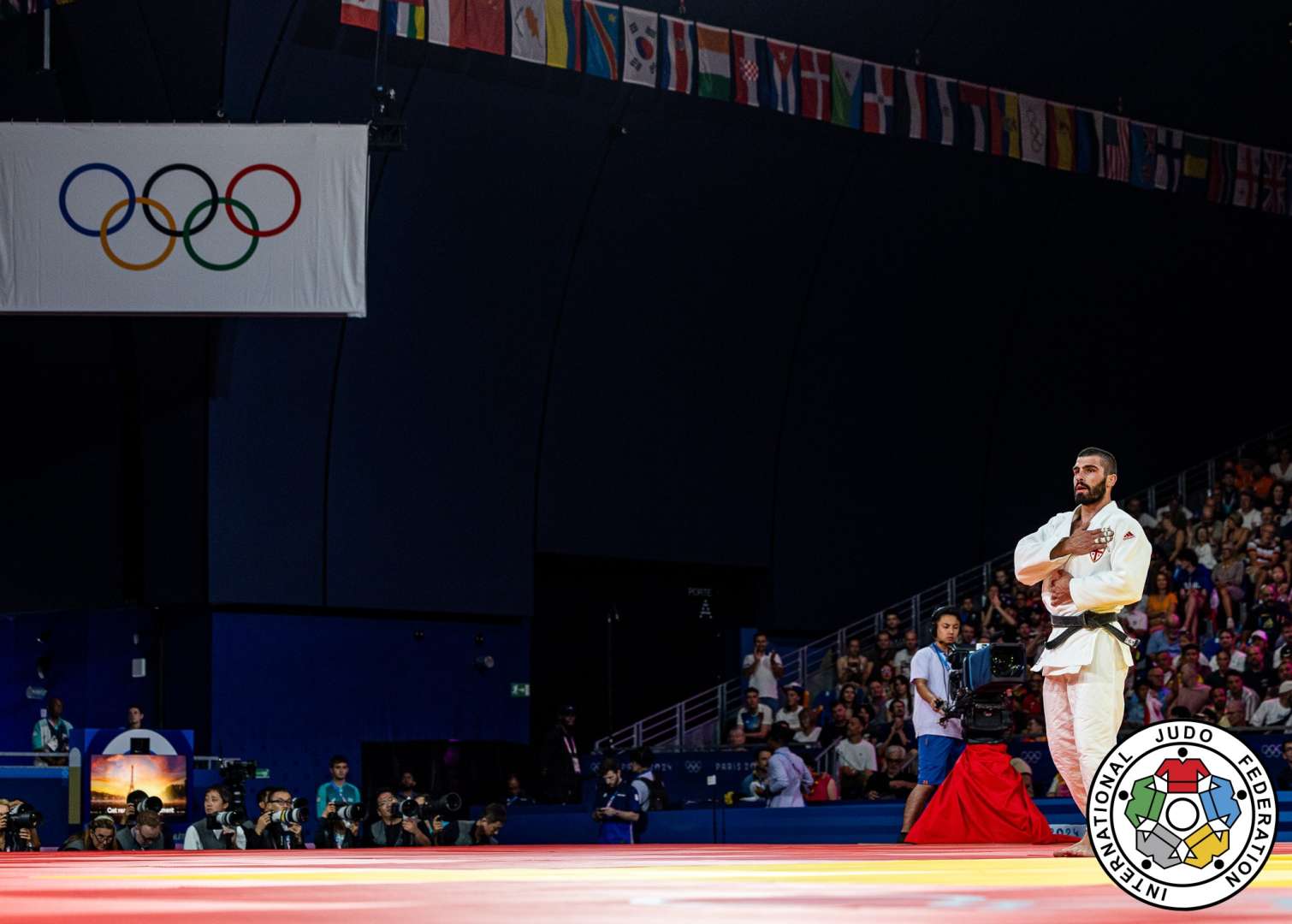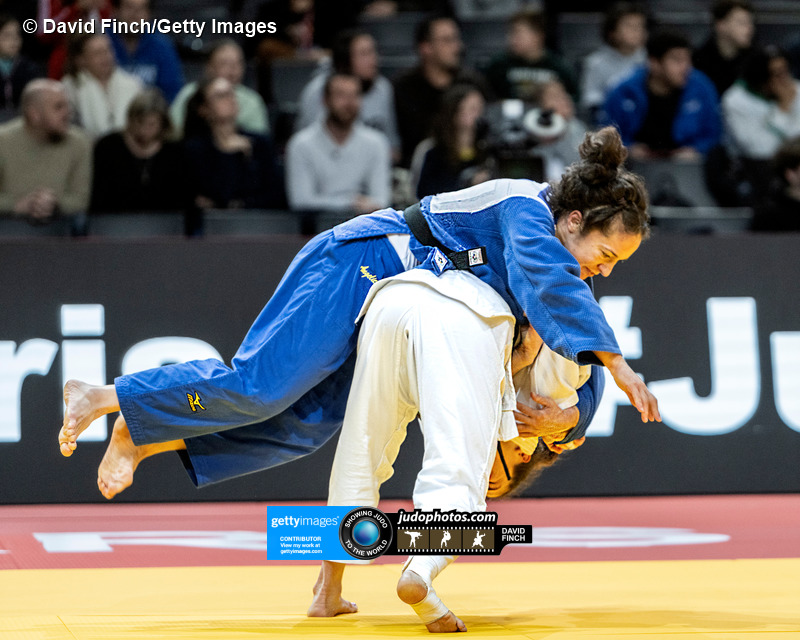Wakaba Tomita gives Japan seventh gold in Mongolia
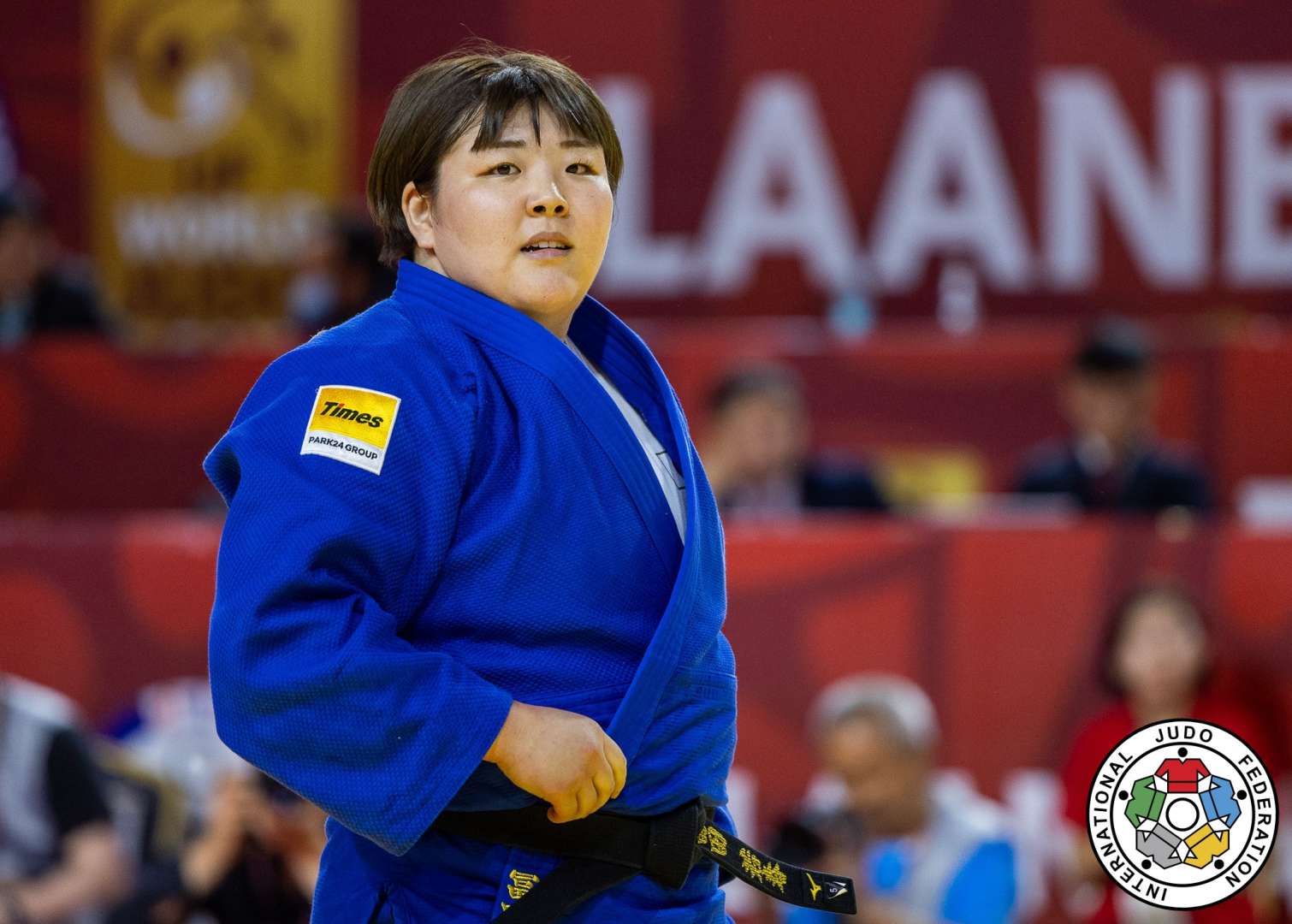
 26 Jun 2023 10:30
26 Jun 2023 10:30
 IJF Media team by Nicolas Messner
IJF Media team by Nicolas Messner
 IJF Gabriela Sabau / International Judo Federation
IJF Gabriela Sabau / International Judo Federation
The hierarchy was perfectly respected in the +78kg category of the Grand Slam in Ulaanbaatar, since the four best athletes in the category were still in the running for the semi-finals. At the top of the draw sheet, we found the world number one and recent bronze medallist of the world championships, Raz Hershko (ISR). After a first round concluded with penalties, she scored two waza-ari against Hyeonji Lee (KOR) before facing the Mongolian judoka Adiyasuren Amarsaikhan (MGL). The latter could do nothing against Hershko who logically qualified for the final.
At the bottom of the draw, it was the Japanese Wakaba Tomita, junior world champion in 2015, who faced Hayun Kim (KOR) for a place in the final and it was the Japanese who would finally face Hershko. Before that, she had won ahead of Jia Wen Tsai (TPE), with a beautiful sode-tsuri-komi-goshi, concluded on the floor, and against Nominzul Dambadarjaa (MGL), after a long golden score which she ended with an opportunistic shime-waza.
With one shido to her name as the final was progressing through golden score, Hershko gave some first signs of tiredness. She nevertheless kept attacking. Her last attacks were actually quite strong but as she missed them, she landed on her knees and had that absent moment that offered an opportunity for Tomita to turn her over and pin her down for ippon.
Korea came strongly in the first match for a bronze medal with Hyeonji Lee (KOR) vs Hayun Kim (KOR). The bronze went to the latter. She scored a first waza-ari and concluded by pinning down her teammate for ippon.
The second confrontation for a bronze medal was also a national confrontation but this time between the two Mongolian judoka, Nominzul Dambadarjaa and Adiyasuren Amarsaikhan. After Adiyasuren Amarsaikhan received her third penalty, the victory went to Nominzul Dambadarjaa.
The performances of the Israeli team are interesting. Obviously, the training camp done in Japan before the grand slam paid off. Shani Hershko's women sparkled in Mongolia, both technically and tactically.
Japan jumps from 11 gold medals achieved in the past in Mongolia to 18 titles, all 18 athletes different though, no one has won before in Ulaanbaatar.
 like
like
 share
share
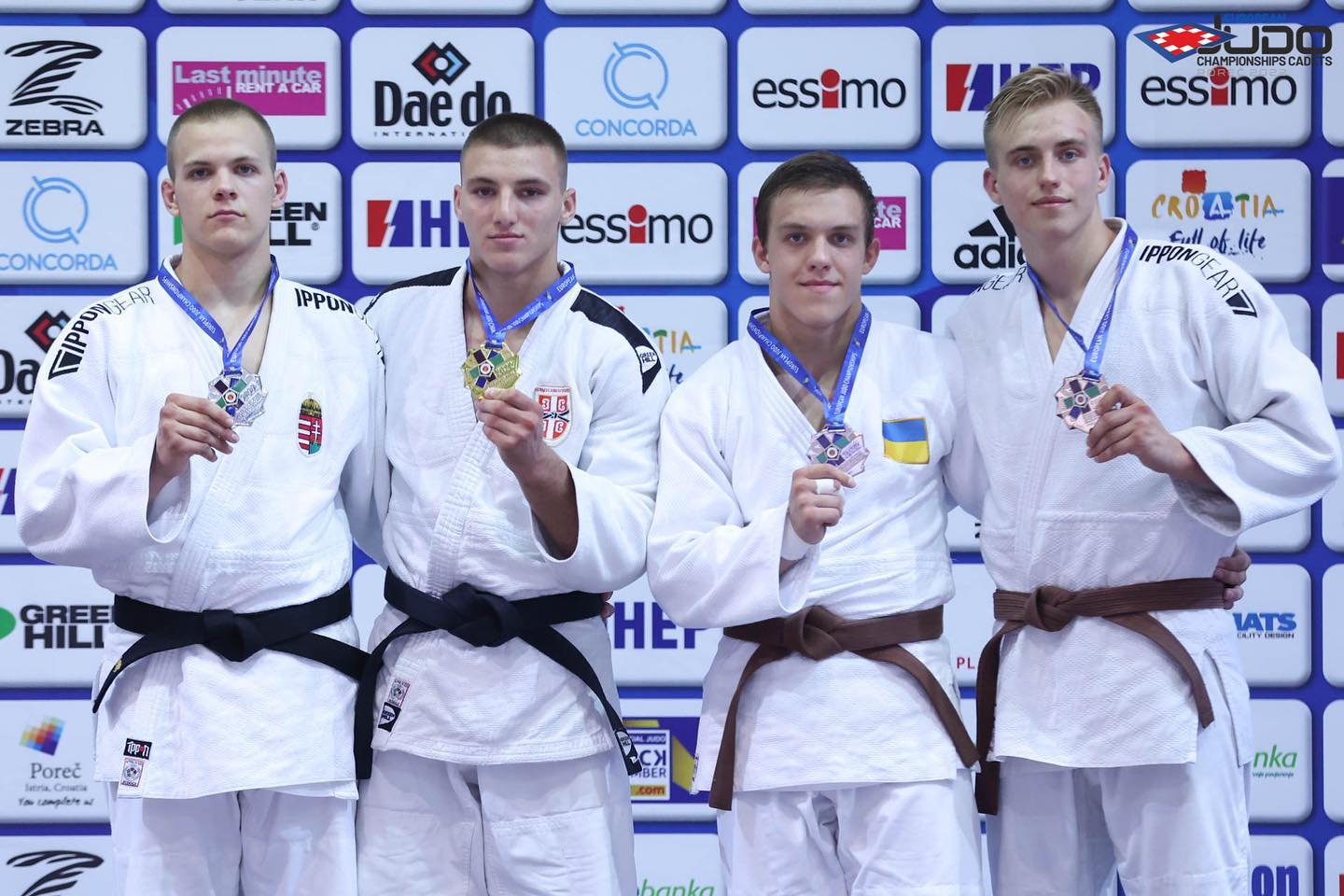
| Result | City | Date |
|---|---|---|
| 2 | Paris | 2024 |
| 1 | Abu Dhabi | 2024 |
| 1 | Zagreb | 2024 |
| 3 | Belgrade | 2023 |
| 2 | Montpellier | 2023 |


